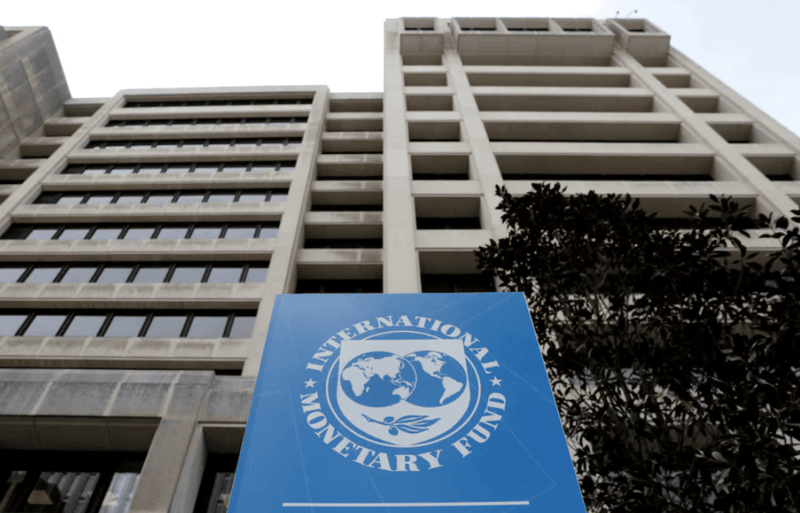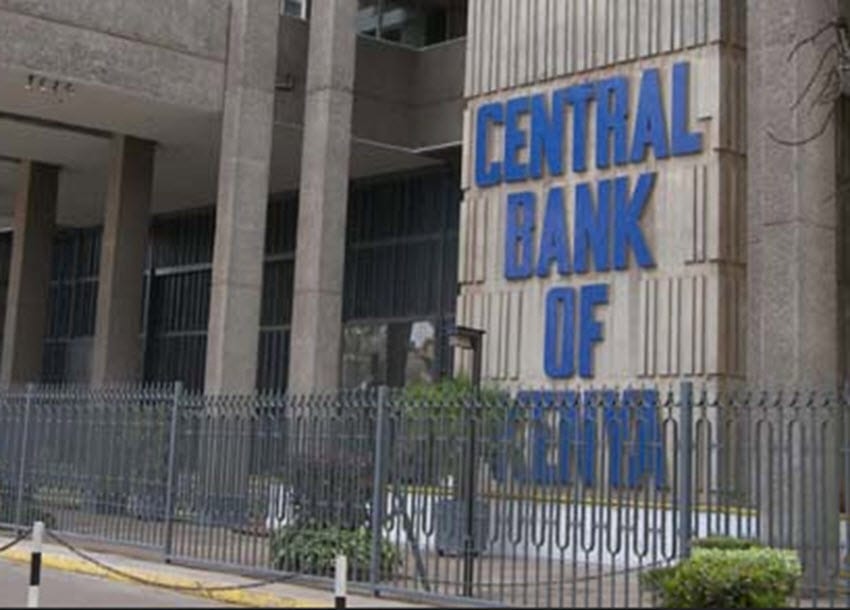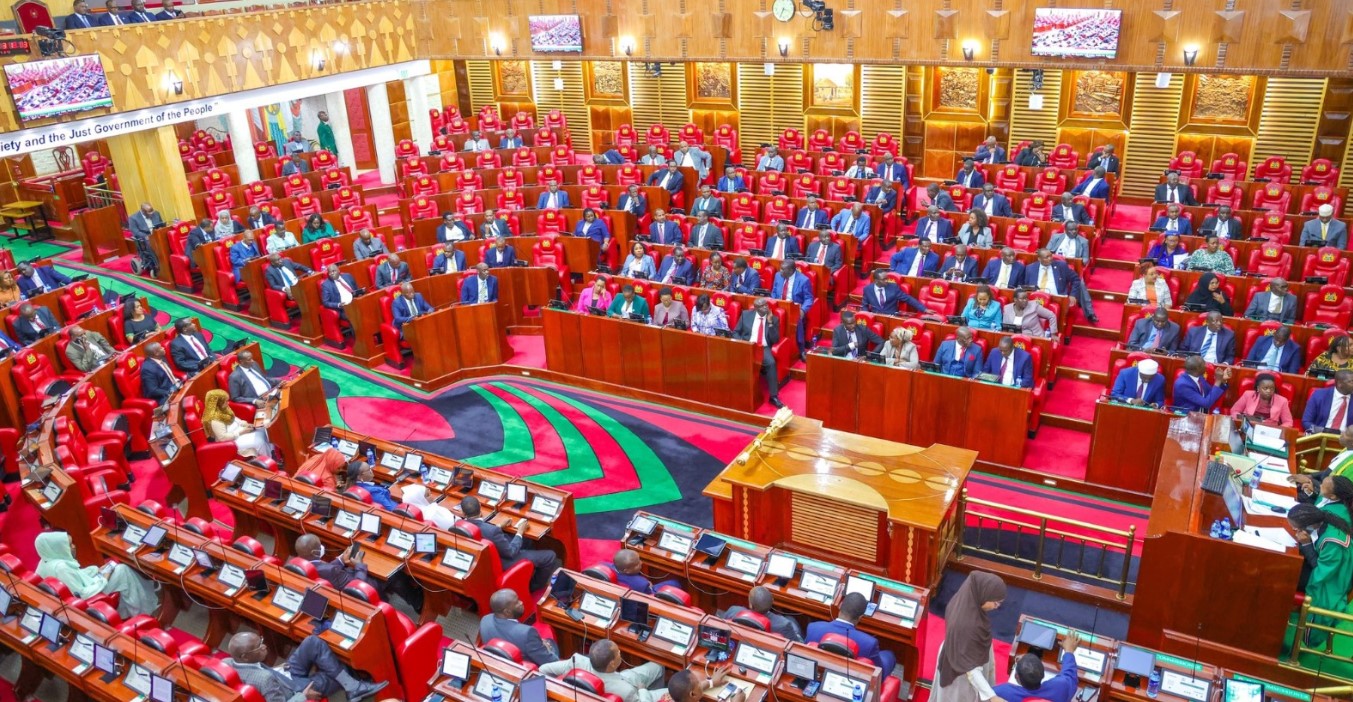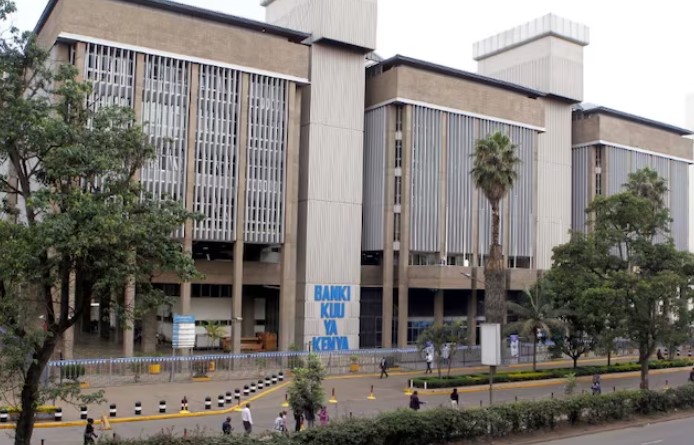Banks plan to limit lending this year for fear of defaults

By Saleem Abdi |
More banks said demand for credit this month and March is expected to be higher than it was in December and January.
Banks plan to exercise more caution lending to the private sector this year fearing that the high cost of living could heighten default on loans.
This is as even as many of them express that the need for funds for working capital will push more businesses to seek out loans.
Keep reading
- CBK to start rolling out new currency notes with updated features
- New Bill seeks to give CBK control over 'buy-now-pay-later' firms to curb exploitation
- Kenya drops to sixth position in Africa trade rankings amid economic, credit challenges
- High loan interest rates push more Kenyans to local credit arrangements
At least 79 per cent of banks responding to a Central Bank survey said economic uncertainties occasioned by the high cost of living will drive lenders to limit credit to the private sector “to minimize the risk of default.”
“Nevertheless, 79 per cent of the respondents expected economic uncertainty occasioned by the high cost of living to drive banks to become more cautious in lending to the private sector to minimize the risk of default, the high cost of doing business due to expensive foreign currency, low business activities due to multiple taxes, as well as the high-interest rates, to dampen private sector credit growth in 2024,” the CBK’s Market Perceptions Survey for January 2024 says.
The lenders expressed fears even as 71 per cent of them said they expect demand for credit, particularly short-term facilities for working capital, to drive the growth of lending to the private sector.
The lenders said high operational costs for businesses, increase in commodity and raw material prices and depreciation of the Kenyan Shilling are likely to drive more businesses to seek loans this year.
Overall, banks expect that lending to the private sector will grow by 11.3 per cent in 2024 from last year's levels, with large banks expecting lending to grow by 11.8 per cent.
More banks said demand for credit this month and March is expected to be higher than it was in December and January, driven by working capital requirements and back-to-school needs for parents as the year begins.
“However, 91 per cent of respondents indicated that the prevailing economic conditions including depreciation of the local currency, increase in interest rates, commodity and raw material prices, distribution, logistics and fuel costs and high inflation, could impact negatively credit appetite and trade activities, and cause importers to adopt a wait and see attitude, and businesses and consumers to be more cautious, hence slow demand for credit,” the survey said.
Reader comments
Follow Us and Stay Connected!
We'd love for you to join our community and stay updated with our latest stories and updates. Follow us on our social media channels and be part of the conversation!
Let's stay connected and keep the dialogue going!














